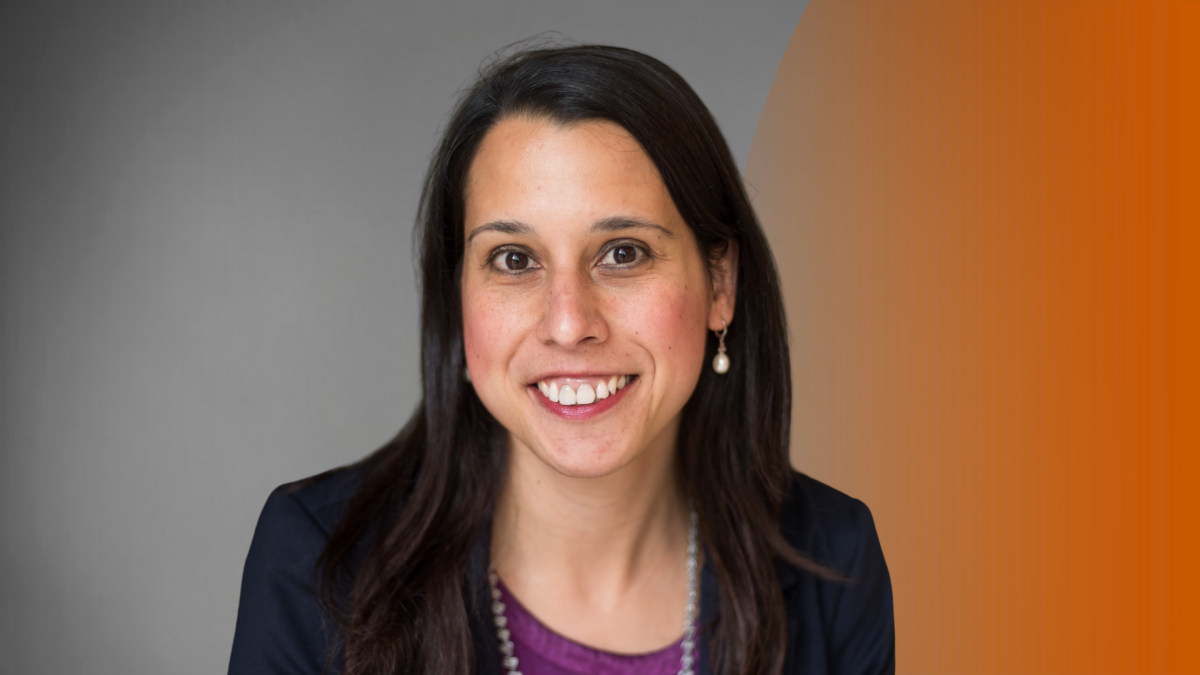
Işıl Dillig, a professor in the Department of Computer Science at The University of Texas at Austin, earned the 2025 Robin Milner Young Researcher Award from ACM SIGPLAN.
Dillig is recognized for her foundational work in program analysis, formal verification, and program synthesis. Her research has advanced techniques such as abductive inference, solver-based reasoning, and neuro-symbolic programming, while also integrating machine learning methods like reinforcement learning and large language models. These innovations have made a tangible impact in areas including vulnerability detection, code generation, and zero-knowledge cryptography—technologies that help keep software secure and enable more reliable systems, and powerful tools that write or audit code automatically in high-stakes environments such as finance, healthcare and national security.
“So much of my research has been shaped by the ideas, feedback, and mentorship I’ve received from this community,” Dillig said. “The programming languages world has always balanced rigorous theory with openness to new paradigms, making this recognition especially meaningful. It’s the community where I began as an undergraduate researcher and continue to consider my intellectual home.”
Dillig credits UT Austin for fostering the interdisciplinary nature of her research. “Many of my projects started as conversations with colleagues and friends here at UT,” she said. “The department encourages collaboration across different areas, and that openness has allowed me to explore research directions I might not have pursued otherwise.”
The Robin Milner Young Researcher Award, presented by ACM SIGPLAN, the programming languages branch of the Association for Computing Machinery, recognizes outstanding contributions from researchers making field-defining advances in the early stages of their academic careers. Named in honor of Turing Award laureate Robin Milner, a pioneer in both theoretical and practical aspects of computing, the award includes a $2,500 prize and will be presented at an upcoming ACM SIGPLAN conference.
Dillig’s recognition underscores both her leadership in the field and UT Austin’s continued excellence in programming languages research.
“My students have been a constant source of ideas, insight, and inspiration,” Dillig said. She credited the broader research community for shaping her path and emphasized the importance of bridging theory and practice: “You don’t have to choose between foundational work and real-world impact. Some of the most exciting research happens when you bring together ideas that don’t obviously fit—and I want students to feel empowered to take those kinds of risks.”



